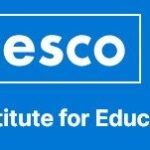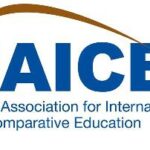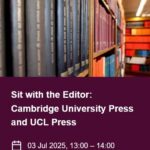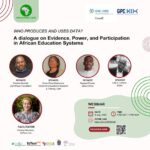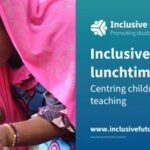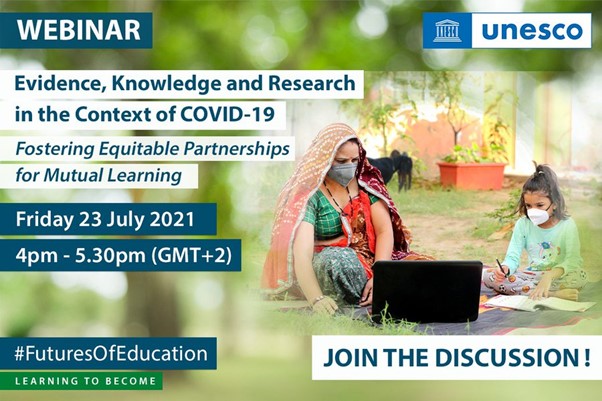
23 July 2021, 3-4:30pm BST
Click here to register (recommended)
Beyond its direct impacts on education, the COVID-19 crisis has brought to the fore challenges and opportunities for reimagining education research and knowledge for sustainable futures.
Evidence, knowledge and research are distinct concepts and yet interrelated. The emphasis on ‘evidence-based’ policies in education and international development is sometimes critiqued for relying on knowledge produced through unequal power relations and inequitable research partnerships.
Existing literature and the COVID-19 pandemic highlight the need for locally generated, tested and adapted evidence, stressing the importance of understanding the dynamics of specific contexts. The pandemic has exposed new and existing structural vulnerabilities of education, differential impacts on learning and the need to building more inclusive and resilient arrangements for education and learning at all levels.
Attendees will be invited to share comments and questions throughout the discussion. 30 minutes will be dedicated to Questions & Answers.
Simultaneous interpretation from English to French will be available.
—
Keith Holmes will moderate the webinar, setting the scene by exploring the nature of evidence, knowledge and data, and the power imbalances in education research partnerships and networks, by questioning whose agendas are prioritized, and who has ownership of research and evaluation processes.
Prachi Srivastava will consider key assumptions and institutions that underlie education systems in the context of the COVID-19 pandemic. Her paper explores the legitimization of knowledge, with reference to inclusion/exclusion, and identifies conceptual shifts needed for meaningful actions in the current crisis.
Vainola Makan, Rafael Mitchell and Wendy Pekeur will discuss enabling structures and spaces for equitable knowledge co-creation and capacity mobilization within international research partnerships.
As discussant, Joel Samoff will then provide critical reflections on the papers presented. Together, the panel will reflect on steps towards socially responsible approaches to knowledge generation, such as equitable capacity exchange, mutual learning, self-critique, and equitable partnerships and networks. Finally, the panel suggests ways forward in evidence, knowledge and research for sustainable futures.
—
- Moderator’s remarks:
Keith Holmes, UNESCO Future of Learning and Innovation Team - Education and the Pandemic: assumptions, institutions, and a way forward
- Prachi Srivastava, Faculty of Education, University of Western Ontario, Canada
- Opening spaces for equitable, locally-responsive knowledge co-creation: Lessons from Transforming Education for Sustainable Futures
- Vainola Makan, Associate of Ubuntu Rural Women and Youth Movement, South Africa
- Rafael Mitchell, Co-Director of the Centre for Comparative & International Research in Education (CIRE), University of Bristol, UK
- Wendy Pekeur, Founder of Ubuntu Rural Women and Youth Movement, South Africa
- Discussant’s remarks:
- Joel Samoff, African Studies Center, Stanford University, United States of America

